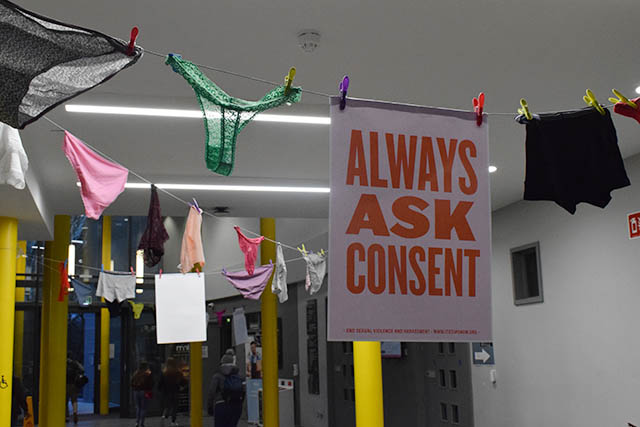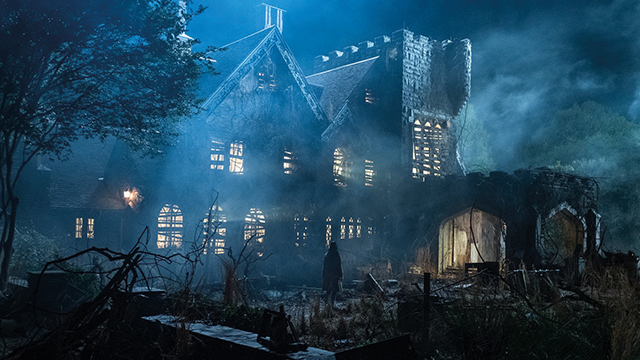
[dropcap]T[/dropcap]he Technological Higher Education Association (THEA) has called for increased supports and training for students to tackle sexual harassment in Irish universities.
In its ‘Promoting Consent and Preventing Sexual Violence’ (PROPEL) report, the THEA recommended further funding for resources at national and institutional level in order to tackle sexual violence and harassment in higher education institutions.
The Dublin Rape Crisis Centre (DRCC), who took part in this research welcomes this new focus on sexual harassment in Irish universities but said that more data and research in order to create an appropriate strategy.
“This affects staff and students and they must be able to access appropriate supports. It is good that Rape Crisis Centre supports have been signposted, but given that crisis services are already very stretched, there will be a need to ensure funding is allocated accordingly to allow centres to expand their existing supports,” a spokesperson for the DRCC said.
Investigations regarding sexual misconduct must be “independent, trauma informed and fair to all parties,” according to the PROPEL report.
The report also recommends introducing a “sexual misconduct prevention and response manager,” in all universities in order to combat high rates of reported sexual harassment in third level institutions.
A number of organisations including sexual assault survivors groups, trade unions, students unions, The Higher Education Authority and Department of Further and Higher Education, Research, Innovation, and Science were involved in this report.
A survey by the NUI Galway SMART Consent team in 2019 found that 70 per cent of Irish females had been sexually harassed by the end of their time in college.
The THEA has also called for increased collaboration among higher education institutions “in order to tackle what is essentially a societal problem and the introduction of sector-wide guidance, identifiers and categories of misconduct offences and appropriate sanctions across institutions”.
Minister for Further and Higher Education Simon Harris said that he is committed to providing “a safe and respectful environment for all staff and students in our higher education institutions”.
In August 2020 the Minister wrote to all publicly funded third level institutions requesting that they publish specific institutional action plans on tackling sexual violence and harassment.
These plans will include the implementation of systems that record the number of incidents of bullying, intimidation or harassment including sexual harassment. These are due to be finalised and submitted by the end of this month.
Amongst their recommendations the THEA added that additional resources and training need to be provided as soon as possible and before students and staff return to campuses, as there is usually a spike in sexual assaults at the start of the academic year.
Womens Aid have also campaigned for more awareness around sexual assault and harassment this year through their “Too Into You,” campaign, which is aimed at 18-25 year olds.
This campaign is spreading awareness about abusive relationships and is educating young women on how to spot the signs that they are in an abusive relationship.
Lora Doyle
Image Credit:



